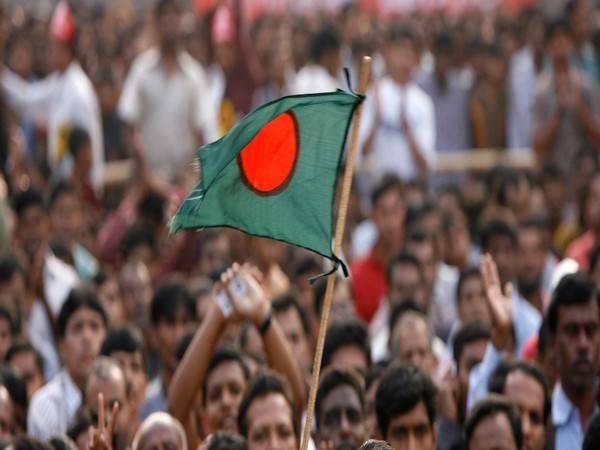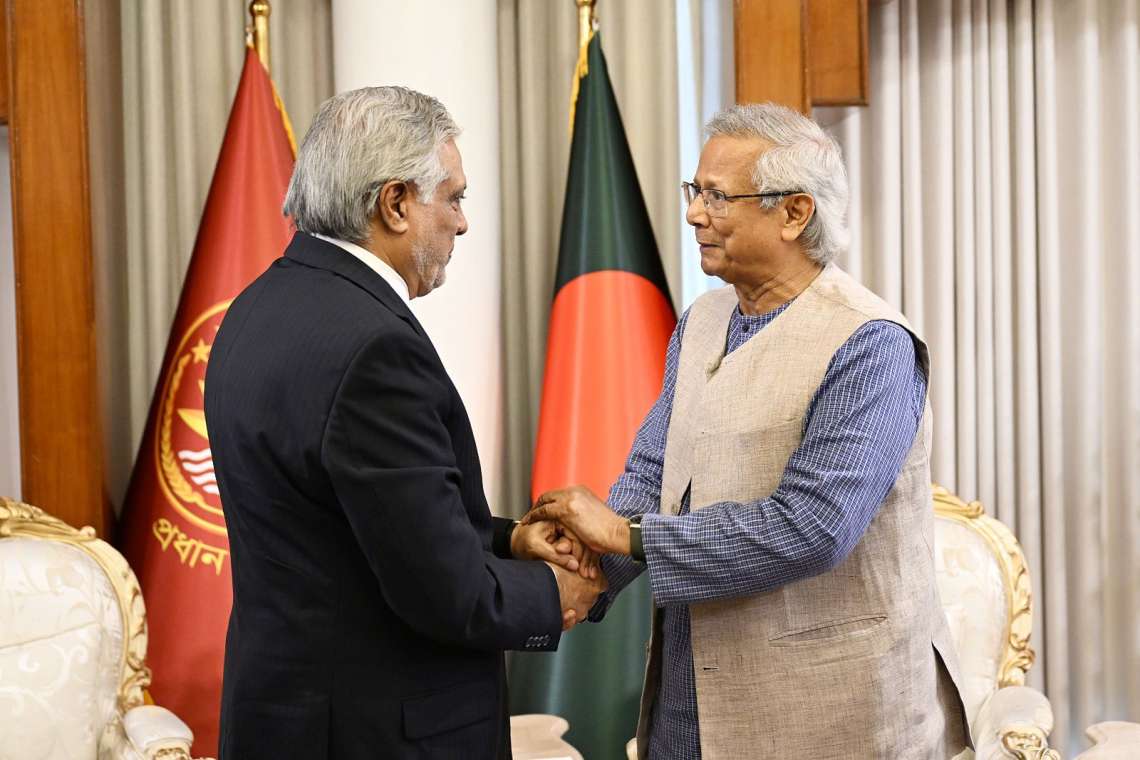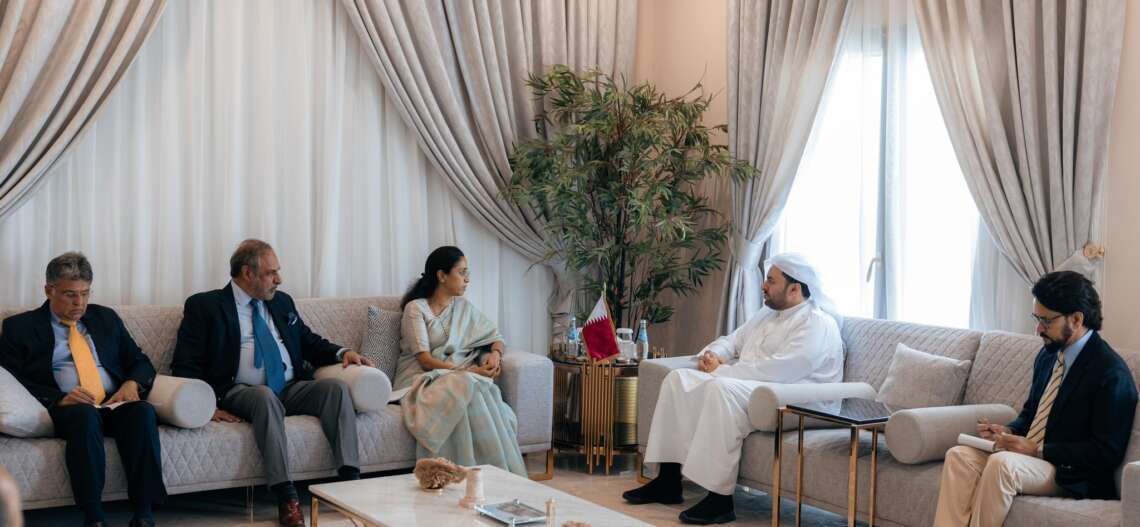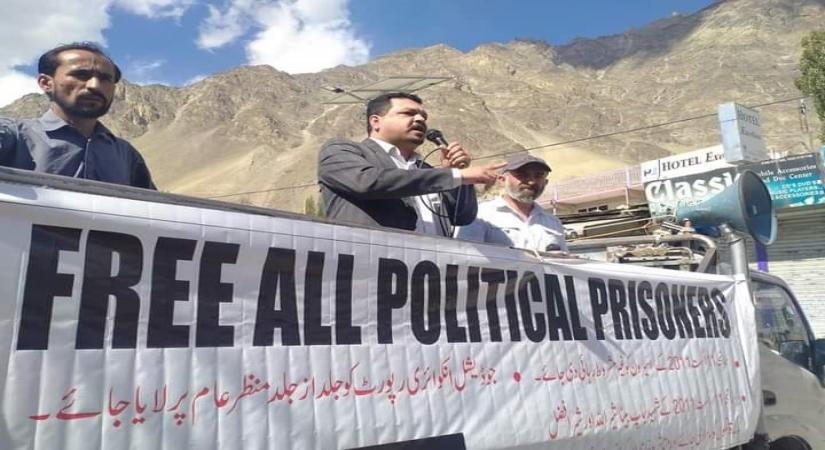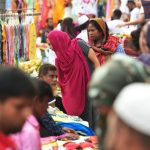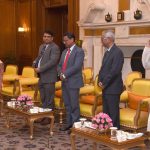Events over the last few months have also created a sense of unease in the country over the ongoing uncertain political and economic situation….writes Baidya Bikash Basu
Ongoing political unrest in Bangladesh has been fuelled by the absence of a clear roadmap for reforms and elections, as interim government chief Muhammad Yunus faced mounting pressure over the weekend during a series of meetings with political leaders critical of his controversial policies and questionable advisers.
On Saturday, Yunus held meetings with delegations from Bangladesh Nationalist Party (BNP), Jamaat-e-Islami (JeI) and National Citizens Party (NCP).
In a similar move, Yunus on Sunday met leaders of 20 political parties in two phases. Representatives of 11 parties met him in the first phase and another nine political parties were locked in discussions with him till late evening.
Political discord over when to hold elections and growing tensions with political parties were the key issues discussed.
Addressing an event virtually from London, BNP Acting Chairman Tarique Rahman on Sunday highlighted that domestic and foreign investment has become stagnant because of the absence of a stable democratic government in the country. He mentioned that his party expects to see a free and fair national election in the country by December, this year.
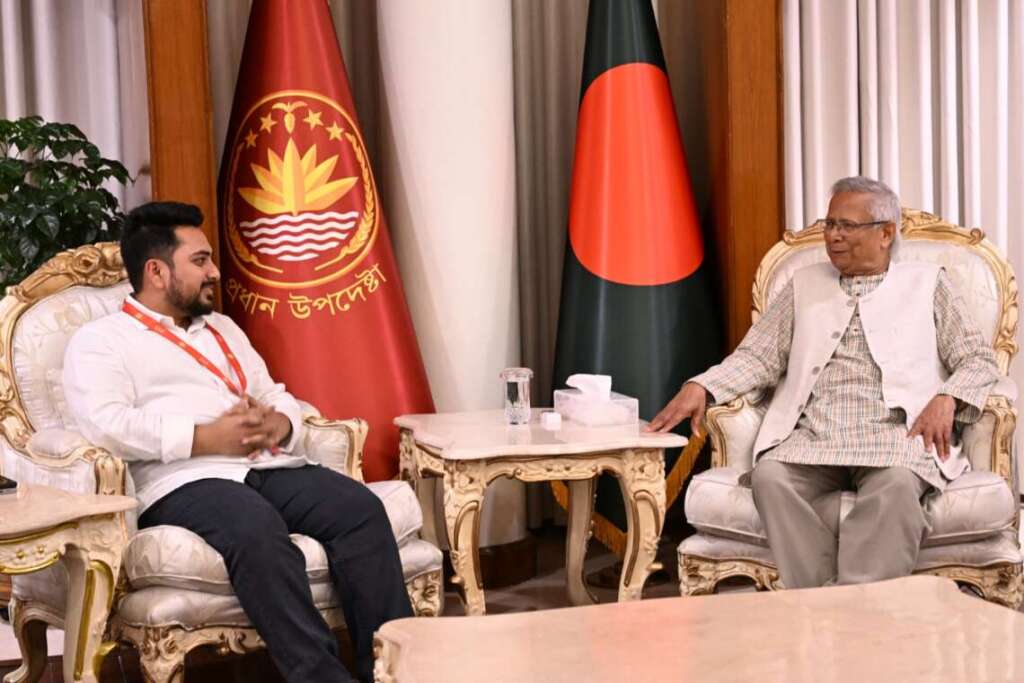
Meanwhile, another BNP leader warned Yunus on delaying General Elections from December 2025 to June 2026.
“If we take to the streets tomorrow, then Yunus will be on his way out within 24 hours,” said Gayeshwar Chandra Roy.
Last week, Bangladesh’s Chief of Army Staff General Waker-uz-Zaman had unambiguously stated at a high-level gathering of officers in Dhaka Cantonment that the country badly needs political stability which is only possible through an elected government and “not by unelected decision-makers”.
Zaman had also shut down the Yunus government’s proposed ‘Humanitarian Corridor’ to Myanmar’s Rakhine State, terming it as a “bloody corridor” which is a threat to national sovereignty.
“The Bangladesh Army will never be involved in any activity that is harmful to sovereignty. Nor will anyone be allowed to do so. National interest must come first in any action. Whatever is done must be guided by political consensus,” Zaman reportedly told fellow officers.
Events over the last few months have also created a sense of unease in the country over the ongoing uncertain political and economic situation. People have taken to the streets, holding large protest rallies almost everyday but the Yunus-led government is in no mood to listen to their demands at the moment.
Moreover, the interim government created a deadlock in revenue collection by imposing reforms on the National Board of Revenue (NBR) ahead of passing the national budget.
Experts reckon that Yunus, despite being an economist, has failed to understand that Bangladesh is fast losing investors and the continued uncertainty will erode the very foundations that made the country attractive for global businesses.
The policy paralysis to resolve the difficult equation is not just in economics, but also in soft infrastructure, thus increasingly jeopardizing investor faith.
The flow of Foreign Direct Investment (FDI) in Bangladesh fell to USD $104.33 million in the July-September quarter of fiscal year 2024-25, the lowest in at least six years.
Bangladesh received 71 per cent less foreign investment year-on-year, down from USD $360.5 million in the July-September period of FY24, as both the flow of net equity and reinvested earnings declined, according to data released by the Bangladesh Bank (BB), earlier this year.
The businesses have been suffering from a slowdown owing to a host of reasons: high inflation, import restrictions, dollar shortages, political uncertainty, and volatile law and order situation.
Furthermore, it is clear that there is a lack of alignment and coordination among key government institutions such as the Bangladesh Bank and the National Board of Revenue, and even among various ministries.
Separately, violent protests have now become a daily affair in Bangladesh while the radical Islamist parties continue to take aggressive actions against minority communities, especially Hindus. The riotous street mobs of political activists mixed with radical Islamists have also begun attacking Army personnel and rendered the police largely ineffective in Bangladesh.
Another growing concern for many Bangladeshis is the visible participation and growing influence of extremist Islamist factions whose ideological commitments extend beyond democratic contestation.
No doubt, fingerprints of Pakistan’s ISI are distinctive in the ongoing radicalisation of Bangladesh, which also directly threatens India’s northeastern states.
(The writer is an expert on South Asia and Eurasia. He was formerly with Manohar Parrikar Institute for Defence Studies and Analyses. Views expressed are personal)


